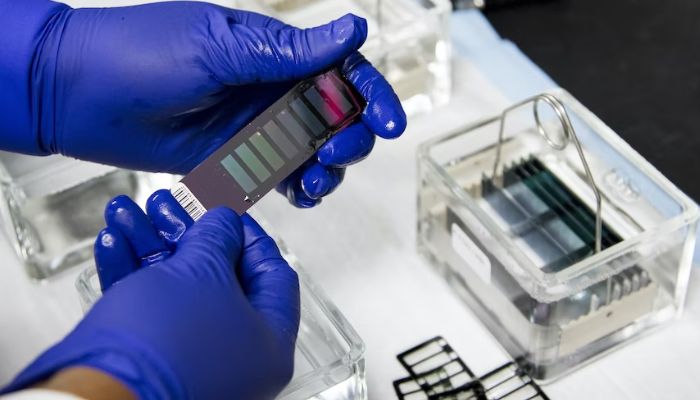[ad_1]
About 1.5 million lives could be saved each year if the world worked together to agree to the new more quickly cancer Drug researchers said Tuesday.
The number was based on how long it took for two newer cancer drugs to be approved worldwide after the US was given the green light.
Pembrolizumab, an effective treatment for most lung cancers, was approved by the US Food and Drug Administration (FDA) in 2016.
More than 600,000 years ago The patientsLives could have been saved if Brazil, Canada, China, India, Japan and the European Union had approved the drug at the same time, according to an analysis published in Harvard Business Review, which has not been peer-reviewed.
The authors, including US oncologist Bobby Daly, also studied enzalutamide, used in the treatment of prostate cancer.
Enzalutamide was approved by the FDA in 2012, but it wasn’t licensed in China for another seven years, in part because separate trials were needed there.
Analysis by members of the Bloomberg Alliance for the International New Economy of Cancer found that 284,000 years of patients’ lives could have been saved if other countries had approved the drug along with the Food and Drug Administration.
Extrapolating from their findings, the researchers estimated that if each of the seven cancer drugs approved by the FDA were licensed annually worldwide, it would reduce the number of cancer-related deaths by 10%-20%.
This represents approximately 1.5 million of the approximately 10 million people who die from cancer each year.
Challenge for doctors
“In China alone, an estimated 500,000 years of patient life could be saved by coordinating requirements for trials that delayed patient access to treatment,” former Australian Prime Minister Kevin Rudd, co-chair of the Bloomberg Cancer Alliance, said in a statement.
Marie Jospodarovic, also a member of the alliance, said it was “challenging” as an oncologist in Canada when a drug was approved in the United States, but it could take years for her to be able to prescribe it to her patients.
Gospodarovic said the study assumed that the rest of the world had the same infrastructure for diagnosing and treating cancer as the United States, which is not always the case. France Press agency By telephone from the World Cancer Congress in Geneva on Tuesday.
The former president of the International Union Against Cancer, which is holding the conference, said it was an example of how “removing barriers to drug approval would be beneficial to patients around the world.”
The authors of the analysis called for countries to adopt Project Orbis, a US-led framework aimed at simultaneous trial and approval of cancer drugs in multiple countries.
“The United States has already made significant progress in creating the regulatory infrastructure for cancer treatment through the Project Orbis initiative, and the task ahead is to take this framework and internationalize it,” former New York Mayor Michael Bloomberg said in a statement.
[ad_2]
Source link

